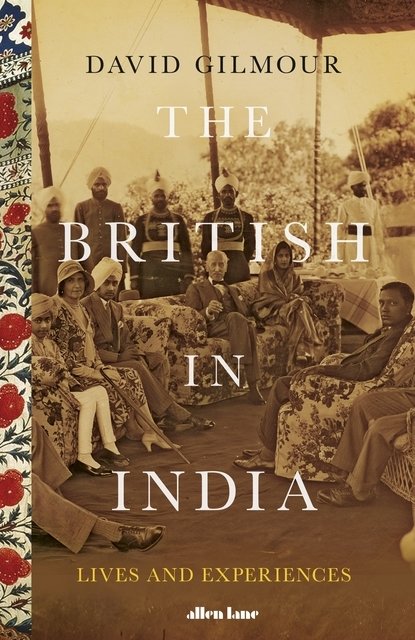A SUNDAY TIMES, THE TIMES, SPECTATOR, NEW STATESMAN, TLS BOOK OF THE YEAR
The British in this book lived in India from shortly after the reign of Elizabeth I until well into the reign of Elizabeth II. Who were they? What drove these men and women to risk their lives on long voyages down the Atlantic and across the Indian Ocean or later via the Suez Canal? And when they got to India, what did they do and how did they live?
This book explores the lives of the many different sorts of Briton who went to India: viceroys and offcials, soldiers and missionaries, planters and foresters, merchants, engineers, teachers and doctors. It evokes the three and a half centuries of their ambitions and experiences, together with the lives of their families, recording the diversity of their work and their leisure, and the complexity of their relationships with the peoples of India. It also describes the lives of many who did not fit in with the usual image of the Raj: the tramps and rascals, the men who 'went native', the women who scorned the role of the traditional memsahib.
David Gilmour has spent decades researching in archives, studying the papers of many people who
have never been written about before, to create a magnificent tapestry of British life in India. It is
exceptional work of scholarly recovery portrays individuals with understanding and humour, and makes an original and engaging contribution to a long and important period of British and Indian history.


